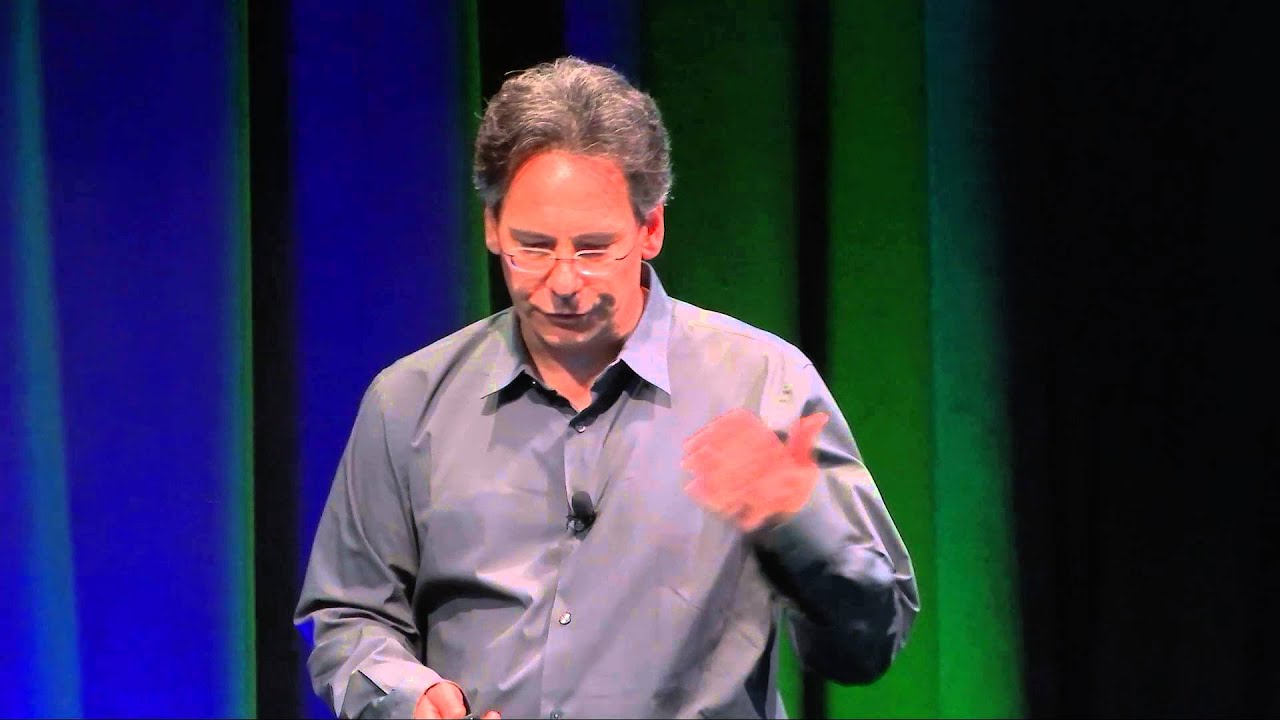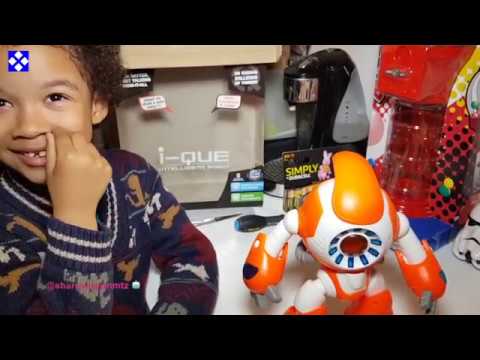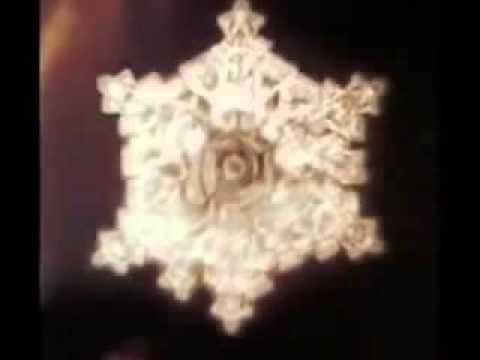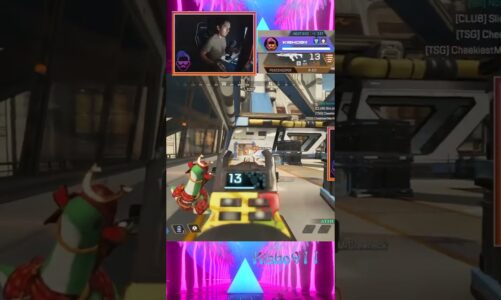GoogleTechTalks
William Oliver visited the Google LA Quantum AI Lab on August 13, 2015.
Abstract:
Superconducting qubits are coherent artificial atoms assembled from electrical circuit elements. Their lithographic scalability, compatibility with microwave control, and operability at nanosecond time scales all converge to make the superconducting qubit a highly attractive candidate for the constituent logical elements of a quantum information processor. Over the past decade, spectacular improvement in the manufacturing and control of these devices has moved superconducting qubits from the realm of scientific curiosity to the threshold of technological reality. In this talk, we review this progress and present aspects of our work related to the quantum systems engineering of high-coherence devices and high-fidelity control. For more information: [1] J. Bylander, et al., Nature Physics 7, 565 (2011) [2] W.D. Oliver & P.B. Welander, MRS Bulletin 38, 816 (2013)
Bio:
William D. Oliver is a Senior Staff Member at MIT Lincoln Laboratory in the Quantum Information and Integrated Nanosystems Group and a Professor of the Practice in the MIT Physics Department. He provides programmatic and technical leadership for programs related to the development of quantum and classical high-performance computing technologies. His interests include the materials growth, fabrication, design, and measurement of superconducting qubits, as well as the development of cryogenic packaging and control electronics involving cryogenic CMOS and single-flux quantum digital logic.
Prior to joining MIT & Lincoln Laboratory in 2003, Will was a graduate research associate with Prof. Yoshihisa Yamamoto at Stanford University investigating quantum optical phenomena and entanglement of electrons in two-dimensional electron gas systems. He previously spent two years at the MIT Media Laboratory developing an interactive computer music installation called the Singing Tree as part of Prof. Tod Machover’s Brain Opera.
Will has published 52 journal articles and 7 book chapters, is an active seminar lecturer, and is inventor or co-inventor on two patents. He serves on the US Committee for Superconducting Electronics; is an Applied Superconductivity Conference (ASC) Board Member; and is a member of the American Physical Society, IEEE, Sigma Xi, Phi Beta Kappa, and Tau Beta Pi. In 2013, he was a JSPS visiting researcher at the University of Tokyo.
Will received his PhD in Electrical Engineering from the Stanford University in 2003, the SM in Electrical Engineering and Computer Science from MIT in 1997, and a BS in Electrical Engineering and BA in Japanese from the University of Rochester (NY) in 1995.
Source




wow just three years ago people were like.. this is never going to happen….
:O
Excellent talk
hartman has an accent thicker than my ball hairs
Great talk with a true expert, BUT the slides need to stay on permanently with the speaker view in a window, otherwise stop/start for the entire talk. This isn't too much to ask for a Google talk
Here is a recent update on quantum annealing. http://googleresearch.blogspot.ca/2015/12/when-can-quantum-annealing-win.html http://arxiv/abs/1512.02206v4
k I'm roughly 3 minutes in, and I think it's safe to say his presentation must at the very least measure up to the introduction… I mean: wow.
hey guys check out this shirt or hoodie for engineers, its really cool and can make a great gift 😀 teespring.com/new-engineers-make-it-happen
Understood 50% it however is very interesting
Hi William. Interesting discoveries. But finding the co-efficiency points are easy. You just need to know where to look (observe) to discover the mathematical formula's. Let me know if you are really passionate about Quantum Physics….
Really accessible but in-depth talk! Thanks for sharing, Google!!
this is really great